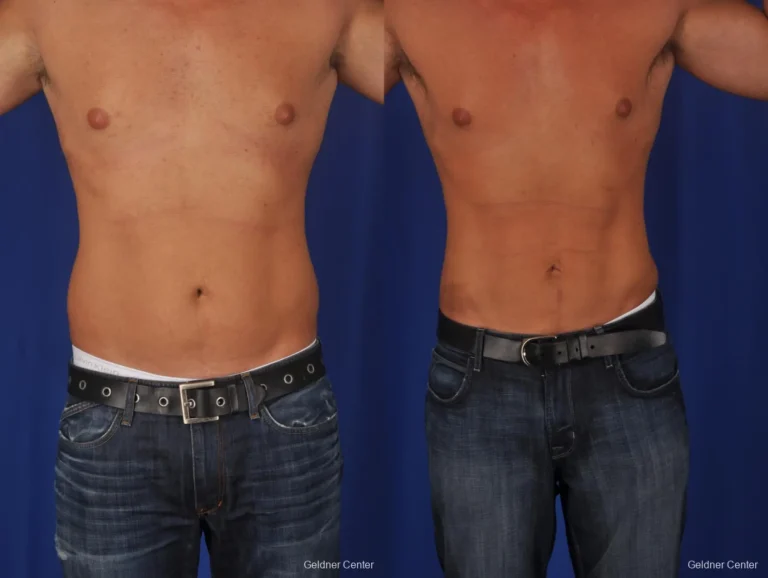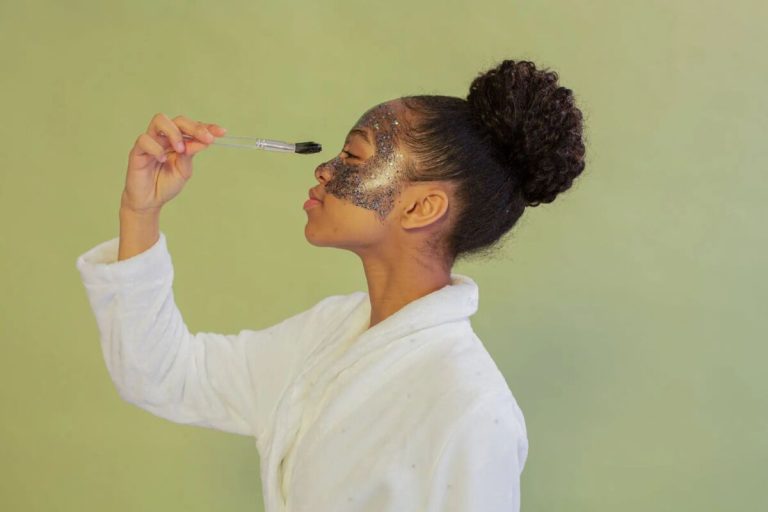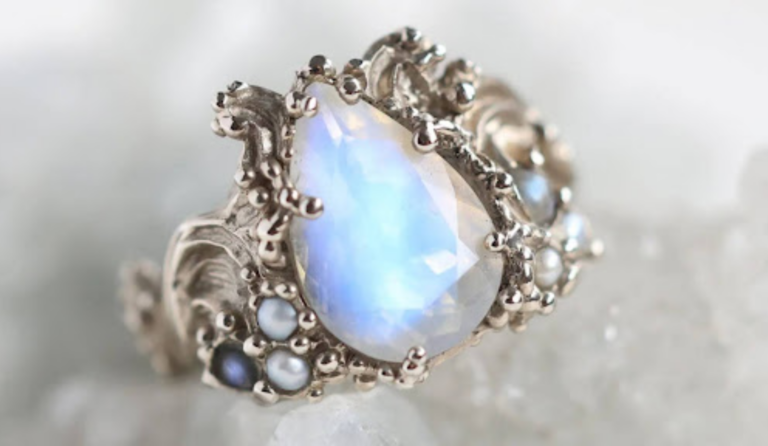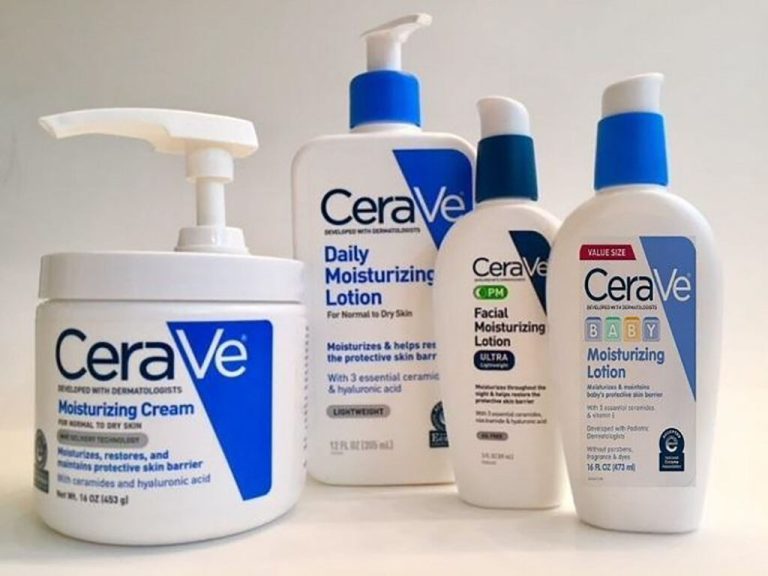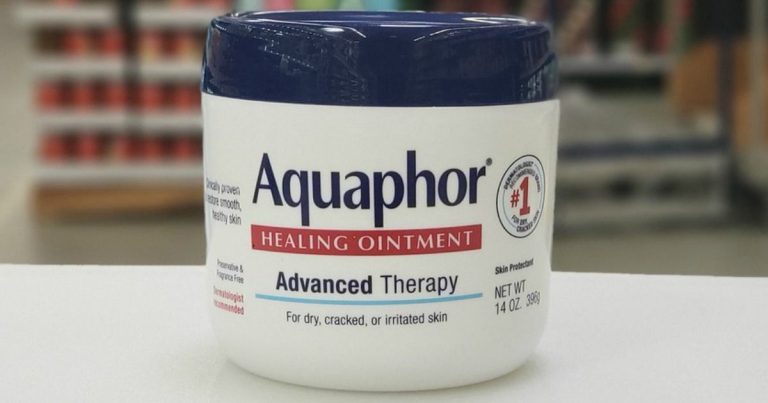Is Cetaphil Lotion Good for Tattoos?
Tattoos have become increasingly popular over the years. With more people getting inked, there is also more discussion around tattoo aftercare. An important part of caring for a new tattoo is keeping it moisturized as it heals. This has led many to ask – is Cetaphil lotion good for tattoos?
In this blog post, we will take an in-depth look at whether Cetaphil is an appropriate moisturizer to use during the tattoo healing process.
Overview of Cetaphil
Contents
- Overview of Cetaphil
- Is it Good for Tattoos?
- Evidence it Works for Tattoos
- Benefits of Using Cetaphil on Tattoos
- Disadvantages and Precautions
- Tattoo Aftercare Creams vs Lotions like Cetaphil
- The Verdict: Yes, Cetaphil Lotion is Good for Tattoos!
- Frequently Asked Questions
- Is Cetaphil actually moisturizing enough for tattoo healing?
- Can I use Cetaphil lotion on my tattoo every day?
- Is Cetaphil good for tattoo removal aftercare also?
- Can I use Cetaphil on my older/existing tattoos?
- Is Cetaphil tattoo lotion sold in any special packaging?
- What’s the difference between Cetaphil creams versus lotions?
- Is Cetaphil better than using petroleum jelly on my tattoo?
- How soon can I start using Cetaphil after getting tattooed?
- What results can I expect from using Cetaphil lotion as aftercare?
Cetaphil is a well-known skincare brand that produces gentle cleansers and moisturizers for sensitive skin types. Their lotions and creams advertise themselves as fragrance-free, non-comedogenic (they won’t clog pores), and containing no harsh chemicals that may cause irritation.
The key ingredients in Cetaphil moisturizing lotion are water, glycerin, and dimethicone. Glycerin acts as a humectant to draw moisture into the skin while dimethicone creates a protective barrier on the skin’s surface to lock that moisture in.
Overall, Cetaphil products are usually very mild and unlikely to cause adverse reactions on most skin types. This gentleness and hypoallergenic formulation is why Cetaphil moisturizers are so commonly recommended for conditions like eczema, psoriasis, and dry skin.
Is it Good for Tattoos?
So when it comes to fresh tattoos, does Cetaphil offer that same gentleness and protective moisturization needed during healing?
The short answer is yes. Cetaphil lotion is generally considered safe and effective to use on new tattoos. The factors that make it suitable for sensitive, compromised skin also lend well to freshly tattooed skin.
During the tattoo healing process, the skin is essentially an open wound. Using harsh products during this delicate time can easily disrupt healing or cause infection. Cetaphil, with its mild formula free of irritating ingredients, minimizes that risk. Its emollient ingredients provide the right balance of hydration and breathability needed for proper healing.
Dermatologists and tattoo artists alike often recommend Cetaphil for aftercare use. The hydration supports faster healing by preventing scabbing and allowing color to set into the skin optimally. Consistent moisture also prevents itchy, flaky skin. Overall, it helps new tattoos look their absolute best.
However, it’s worth noting that some experts still prefer purpose-made tattoo lotions over generalized moisturizers. More on that later.
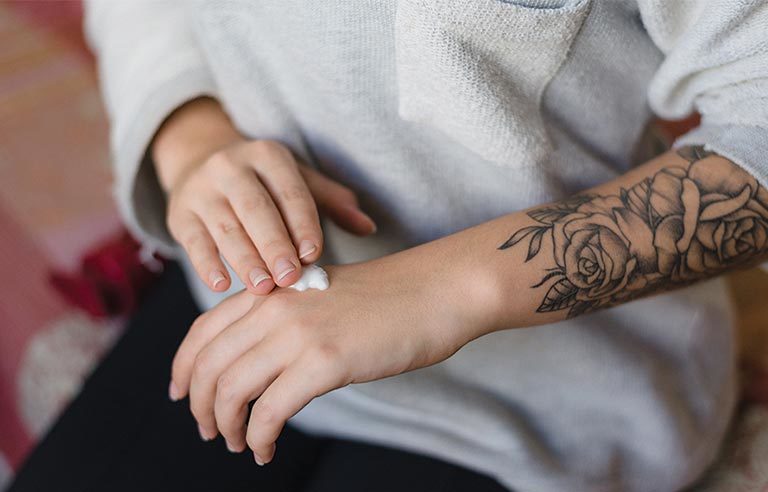
Evidence it Works for Tattoos
Besides anecdotal endorsements from skin and tattoo experts, there are a few pieces of evidence suggesting Cetaphil positively supports tattoo healing:
1. Clinical studies on wound healing: While no studies focus directly on Cetaphil and tattoos, adjacent research supports its use. Multiple studies demonstrate moisturizer application in general improves the healing rate and cosmetic outcome of wounds. By maintaining a moist environment, it prevents scab formation and enables faster re-epithelialization. These general healing principles apply to a healing tattoo.
2. Manufacturer safety rating: Though there is not a 1:1 guarantee of appropriateness, Cetaphil touts that dermatologists regularly recommend their products for sensitive skin conditions. Their safety page also confirms their formulas as non-sensitizing and non-irritating. Most tattoo artists consider these safety benchmarks necessary for aftercare products.
3. Ingredient suitability: A 2022 study analyzed which moisturizer ingredients are best suited for wound aftercare. Key factors are non-toxicity, skin compatibility, and microbiological stability. As outlined earlier, popular ingredients like glycerin and dimethicone meet these standards perfectly. All ingredients used in Cetaphil also rate as low hazards on safety databases like EWG.
So while Cetaphil moisturizers don’t carry a label specifically for tattoo aftercare, scientific evidence supports their safety and efficacy for healing skin. Always consult your tattoo artist too.
Benefits of Using Cetaphil on Tattoos
Assuming Cetaphil ingredients don’t personally irritate your skin, using it as a tattoo moisturizer offers several key benefits:
Gentleness: The mild formula minimizes risks of inflammation, irritation, and infection on the sensitive healing skin.
Hydration: The rich lotion prevents skin dryness while allowing adequate oxygenation. This protects artwork and color.
Non-occlusive: Thicker ointments like petroleum jelly can “suffocate” fresh tattoos. Lighter moisturizers like Cetaphil provide a breathable layer of hydration.
Affordability: As an accessible drugstore brand, Cetaphil offers an affordable option compared to specialty tattoo products.
Multi-use: One bottle can hydrate existing tattoos after healing and other body parts like dry skin year-round.
Dermatologist-recommended: Always a good sign when doctors regularly endorse it for skin health and post-procedure recovery.
While not as specialized as tattoo-specific aftercare creams, Cetaphil offers convenience and versatility in protecting tattoo results for less.
Disadvantages and Precautions
However, Cetaphil lotion is not without a few disadvantages too:
Not sterile: Unlike single-use packages, the bulk container risks contamination over time after opening. Proper hand washing is essential before each application.
Reapplication needed: Lighter creams like Cetaphil absorb faster than thicker ointments, requiring more frequent reapplication. Petroleum-based products maintain occlusion longer.
Not everyone’s skin reacts the same way. Though unlikely with such gentle formulas, occasional people may experience breakouts or clogged pores from Cetaphil. Discontinue use if any abnormal reactions occur, and switch products.
While rare, some users (including those without sensitive skin) have reported issues from long-term use:
- Clogged pores
- Congested skin
- Small whiteheads
- Worsened acne
To be cautious, test Cetaphil on a small area of skin first for a few days before using it on a fresh tattoo. Spot-test occasionally, even after normal use, to check for any new sensitivities.
And as always with tattoos, follow your artist’s aftercare instructions first and take necessary sanitary precautions while healing.
Tattoo Aftercare Creams vs Lotions like Cetaphil
If gentle skin tolerance is the priority for tattoo aftercare, does reaching for a specialized product really matter compared to a simple lotion like Cetaphil? Which is better suited?
Tattoo lotions offer a few advantages:
- Sterile and single-use: Less cross-contamination risk
- Thicker protection: Petroleum seal lasts longer before reapplying
- Tattoo-safe ingredients: Guaranteed non-reactivity
- Color-stabilizing: Anti-fade protection for vibrant ink
- Artist endorsement: Preferred by many tattoo professionals
However, they are often much more expensive for smaller volumes.
Ultimately, the choice depends most on your artist’s guidance, your skin type, and your personal preference. Both Cetaphil and dedicated tattoo lotions can support safe healing when used properly.
Some additional takeaways when debating aftercare cream types:
- If opting for Cetaphil, choose fragrance-free formulas only.
- Seek lighter gels over heavier creams in humid climates. Petroleum seals cause some tattoos to sweat excessively.
- Consider the value of size for coverage of larger or multiple tattoos. Small tubes deplete fast.
- Apply a very thin layer only, no matter the cream thickness.
- Have a backup option on hand if reactions develop suddenly.
While not the final word, Cetaphil offers a quality, affordable, and low-risk moisturizer for both the healing and long-term care of tattooed skin.
The Verdict: Yes, Cetaphil Lotion is Good for Tattoos!
In the past, thick petroleum products were the default for locking in moisture to help tattoos heal. However, ink application has advanced and aftercare guidelines have evolved; lighter moisturizers are now acceptable and often preferable.
Cetaphil provides the gentle, nourishing properties needed to support healing without interfering with the tattooing process. Their affordable lotions are versatile beyond just short-term tattoo care as well, making them a staple body moisturizer before and after getting inked.
So is Cetaphil lotion good for tattoo aftercare? Based on expert use, scientific data, and customer experiences, all evidence supports this as a resounding yes! While some may still prefer specialized creams, Cetaphil stands as an accessible and low-irritation option.
If you choose to use Cetaphil lotion on your new tattoo, be
sure to:
- Check with your artist first
- Use light, fragrance-free formulas
- Apply very thin layers only
- Follow all standard sanitary precautions
- Watch closely for reactions/sensitivity
- Reapply whenever the area feels dry
- Switch products if any irritation develops

Frequently Asked Questions
Still have some lingering questions about using Cetaphil lotion as part of your tattoo aftercare regimen? Below are answers to some of the most common inquiries.
Is Cetaphil actually moisturizing enough for tattoo healing?
Yes! While Cetaphil lotions are lighter in texture than some ointments, they still provide ample hydration for even flaky and dry tattooed skin. Ingredients like glycerin and dimethicone seal in lingering moisture while preventing transepidermal water loss through the skin’s barrier.
For best results, apply Cetaphil multiple times per day as needed whenever the tattooed area feels tight or dehydrated. This provides continual hydration without compromising the skin’s breathability.
Can I use Cetaphil lotion on my tattoo every day?
Cetaphil is gentle enough for daily use on healed tattoos for continued moisture and anti-aging protection. Preservatives help maintain stability and prevent contamination between uses.
However, refrain from heavy daily use during the initial healing stage (first ~3 weeks). While non-irritating, over-moisturizing can negatively impact healing, lymph drainage, and color saturation. Follow your artist’s aftercare guidelines for best results.
Is Cetaphil good for tattoo removal aftercare also?
Yes! The same properties that make Cetaphil an excellent moisturizer for new tattoos also provide relief after laser tattoo removal treatments. Each session essentially creates an open wound that benefits from gentle, nourishing aftercare.
Cetaphil helps soothe inflammation, prevent infection, and keep the area hydrated as it naturally heals between sessions. Over-the-counter hydrocortisone can also be used sparingly on especially inflamed areas. Always confirm aftercare guidelines with your tattoo removal technician as well.
Can I use Cetaphil on my older/existing tattoos?
Absolutely! In fact, Cetaphil is particularly great for conditioning older tattoos prone to fading or drying out. While the shortest-term goal is allowing a fresh tattoo to heal cleanly, the long-term goal is preserving vibrancy.
Over time, sun exposure, flaking skin, and routine wear gradually extract pigment from tattooed skin. By keeping existing tattoos nourished daily with Cetaphil, you prevent fading and maintain the artwork’s longevity.
Is Cetaphil tattoo lotion sold in any special packaging?
No – Cetaphil does not offer any packaging specifically marketed for tattoo aftercare. Their lotions and creams only carry standard product labeling. Look instead for key phrases like “gentle”, “hydrating”, or “soothing”.
Some tattoo artists advise buying small travel sizes or trial sachets of Cetaphil creams to keep application sterile during healing. Larger tubs risk contaminants being introduced over time through continual dipping with dirty fingers.
What’s the difference between Cetaphil creams versus lotions?
The main difference lies in the oil-to-water ratios that dictate consistency. Creams contain a higher concentration of oil components, making them richer. Lotions have more water, creating lighter textures that absorb rapidly.
Most tattoo experts prefer lotions, as creams may block proper skin respiration. The best Cetaphil products for tattoo aftercare are lighter, fast-absorbing formulas like the Moisturizing Lotion or Daily Hydrating Lotion.
Is Cetaphil better than using petroleum jelly on my tattoo?
For most tattoos, yes – lighter moisturizers like Cetaphil offer better breathability and lower infection risks. They provide ample hydration without smothering the tattoo under an occlusive seal.
However, some artists still advise petroleum products for quicker healing of blackout tattoos. The thick protection prevents scabbing and blowouts. Use minimum amounts only and avoid re-dipping into tubs with fingers. Either option must first be approved by your tattoo artist!
How soon can I start using Cetaphil after getting tattooed?
Begin use only after removing initial bandaging, usually within 24 hours. The first phase of healing relies on plasma and blood clotting to initiate repair mechanisms. Exposing the tattoo prematurely hinders this process.
Gently cleanse around (not directly on) the tattoo with mild soap first. Pat dry then apply a breathable layer of Cetaphil 3-4 times daily moving forward, or more often if dryness persists. Reduce frequency once scaling and tightness subside around week 2-3.
What results can I expect from using Cetaphil lotion as aftercare?
When used properly as part of your entire care routine, Cetaphil helps new tattoos heal with minimal scabbing for better color saturation and clarity. The hydration enhances vibrancy for brilliant, sharp results.
Continued use post-healing provides ongoing protection, preventing fading over time. The moisturization helps both new and old tattoos maintain a smooth, non-irritated texture for ideal visibility of fine line details.

Founded by Sophia Rodriguez, IGXO Cosmetics is a PETA-certified, cruelty-free, and vegan makeup brand.
